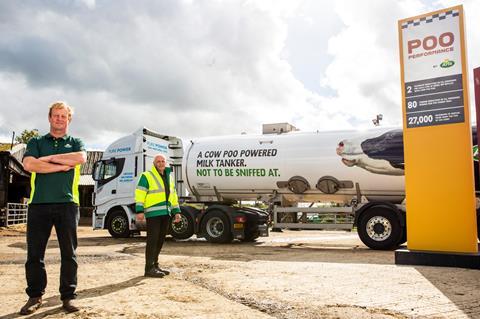
Arla is aiming to harness the power of cow poo after launching a three-month trial to turn manure from its dairy farms into vehicle-friendly fuel.
The dairy co-op said the trial would use poo from about 500 cows to create 27,000kg of biofuel that would then power two specially adapted dairy tankers. The initiative should reduce Arla’s carbon impact by 80 tonnes.
The move, described as a first for the UK farming sector, will see farmers send manure to an anaerobic digestion plant where it will be broken down into different components including clean bio-methane, and converted into usable fuel.
The process will also create nutrient-rich, natural fertiliser, which Arla farmers can then use on its farms, making it an entirely closed loop.
To mark the launch of the initiative, the dairy giant has launched the UK’s first cow-powered fuel station on one of the farms taking part in Winslow, Buckinghamshire.
Ian Barker, an Arla farmer involved in the trial, said: “Many of us recognise how valuable a cow’s milk is, but many aren’t aware that manure is just as important. Processing cow manure in this manner provides us with a limitless source of energy, plus the digestate, or solid matter, left over after the process makes an even richer fertiliser for my fields, so it’s a win-win.”
Graham Wilkinson, agriculture director at Arla, said: “Using manure from our farms is helping us reduce our waste and rely less on air-polluting fossil fuels so it’s a no-brainer for us. With the help of our farmers and partners, we have a fully closed loop which, at scale, could be revolutionary in helping fuel a greener future.”
Arla is using the trial to assess opportunities for scaling manure-powered transport opportunities across its value chain. If it proved a success, it would lay clear foundations for how the dairy industry can join forces with government and other partners to enable new fuel solutions that reduce environmental impact, it said.







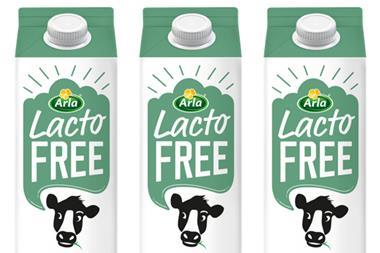
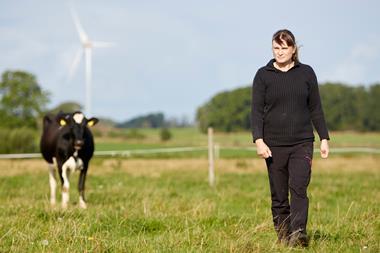
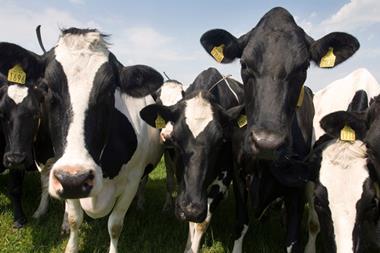
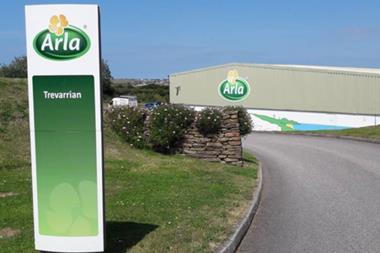
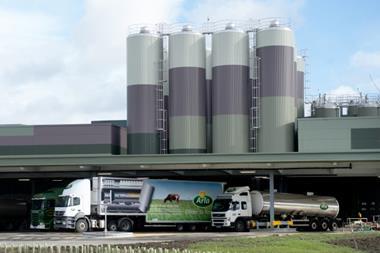
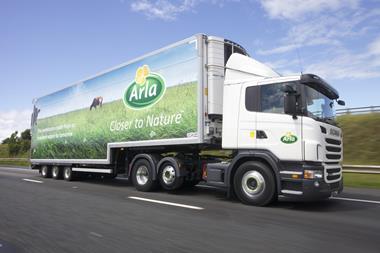
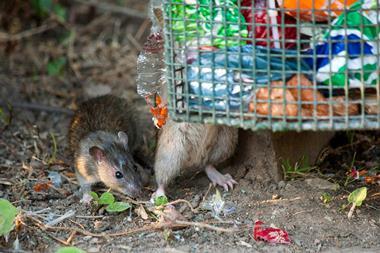

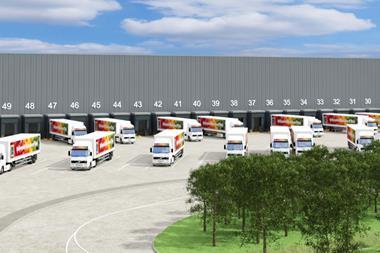



No comments yet